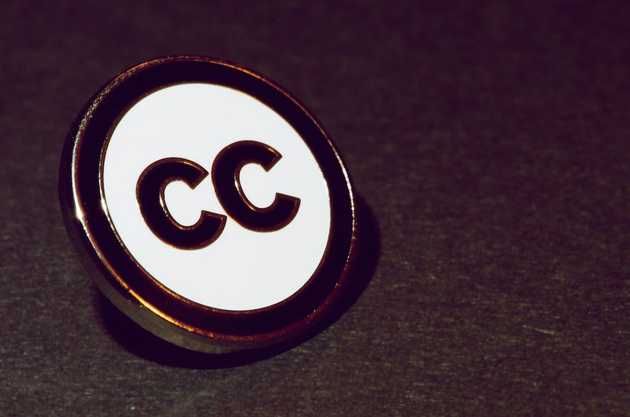Creative Commons and data projects. One license to rule them all
As open data and open data projects are becoming increasingly important as value creators in the modern-day economy, it is nice to see that important efforts are being made to professionalise and perpetuate the open data community. For a while now, it has become clear that the initial approach – which was mainly conceived as an app-competition – doesn’t suffice to keep the communities engaged, nor has it proven to be a breeding ground for sustainable businesses. Luckily high-level initiatives like the Apps4Europe project are being rolled out to provide opportunities to establish a more nurturing environment for the open data community and to foster and streamline the value creation process.
On the legal side of things, the global Creative Commons community has been working hard for the last couple of years to make sure version 4.0 of the Creative Commons licenses caters to these particular needs of open data projects. We personally believe that the new version has set a great standard for the coming years. Unfortunately we also see that data-owners of all sorts are increasingly coming up with proprietary licensing suites. It has not been said that these different license sets are lacking anything in terms of legal thoroughness or comprehensiveness. But we do fear that this license proliferation leads to increased complexity for the end user, especially when combining different datasets. Compatibility issues are never far off and different attribution standards could lead to a legal skein.
If we really want to harvest the potential of open data, we must look beyond regional and national interests when considering yet again a new licensing suite. The open data community is a global movement, so open data projects and it’s licenses should keep this premise in mind. Furthermore, data owners shouldn’t try to use copyright to force attribution claims through proprietary licenses. There are other and better ways to achieve that. Lastly, we should try to set licensing standards. Best practices for data-owners so we can standardise the way content and metadata are being licensed. This is something that can already be found in the Europeana licensing framework for cultural heritage institutions and seems to pay off in the long run.
For Open Belgium, Creative Commons Belgium has invited two very interesting speakers to dig a little deeper into this topic of licensing for data projects and license proliferation. First up is Katleen Janssen, board member of OKFN Belgium with over 12 years research experience in open data and public sector information, who will give a talk about the danger of license proliferation and how we can try to counter the preconceptions a lot of data owners have about the need of proprietary licenses. Afterwards Thomas Margoni, senior researcher at iVIR in Amsterdam, will explain the changes that have been made to version 4.0 of the Creative Commons licenses and how this can benefit open data projects.
Be sure to check out the rest of the program too. Join usat the Open Belgium Conference during Data Days for an interesting day of sharing knowledge and a couple of drinks afterwards!
photo byKalexanderson

